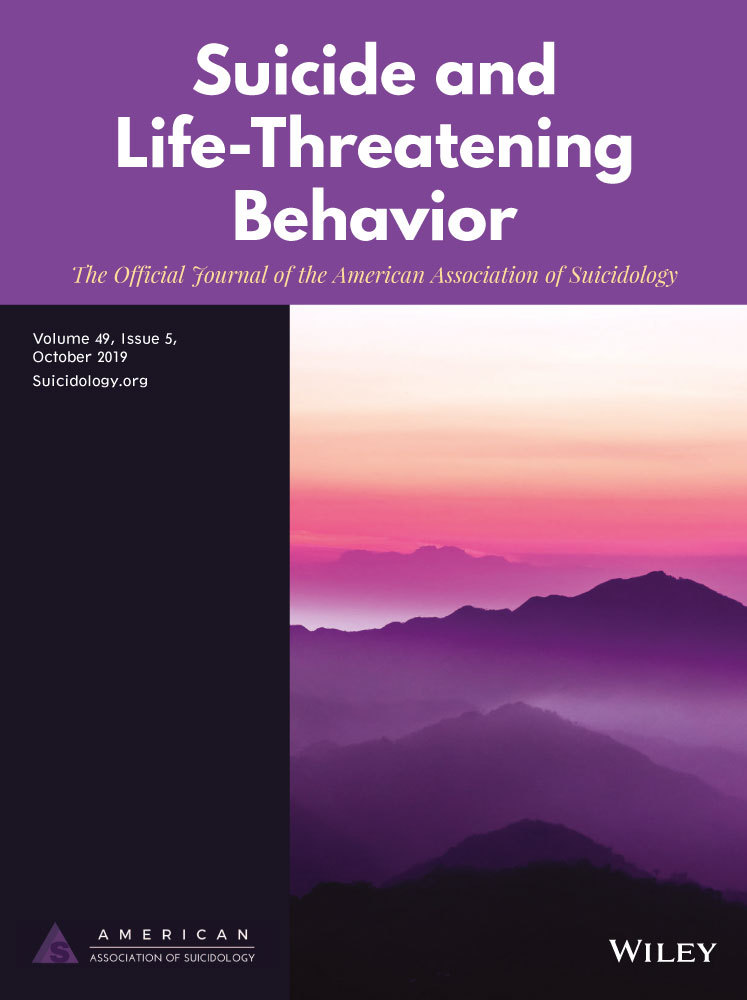Psychological Inflexibility Predicts Suicidality Over Time in College Students
Abstract
Objective
It is essential to identify modifiable risk factors that can be targeted to reduce suicidal ideation (SI) and behavior in college students. Psychological inflexibility, a pattern of responding to internal experiences in a literal and rigid way, and attempting to control those experiences even when it interferes with valued living, could theoretically lead to SI or increase its intensity.
Method
Psychological inflexibility and its component processes were tested as a predictor of SI in a longitudinal survey of college students (n = 603, age M = 20.62, 68.9% female, and 94.0% White) in a series of cross-sectional and longitudinal hierarchical regression models, controlling for relevant predictors such as distress and baseline SI. Interactions were also tested between psychological inflexibility and distress, cognitive defusion, values obstruction, and values progress in predicting SI.
Results
Psychological inflexibility predicted SI cross-sectionally and longitudinally, controlling for distress and baseline SI. Psychological inflexibility interacted with distress, cognitive fusion, and values progress such that distress, cognitive fusion, and values progress had the strongest association with suicidal ideation among those who were high in psychological inflexibility.
Conclusions
Psychological inflexibility may be a useful mechanism to target for suicide prevention in college students.




